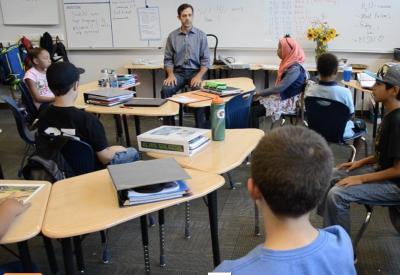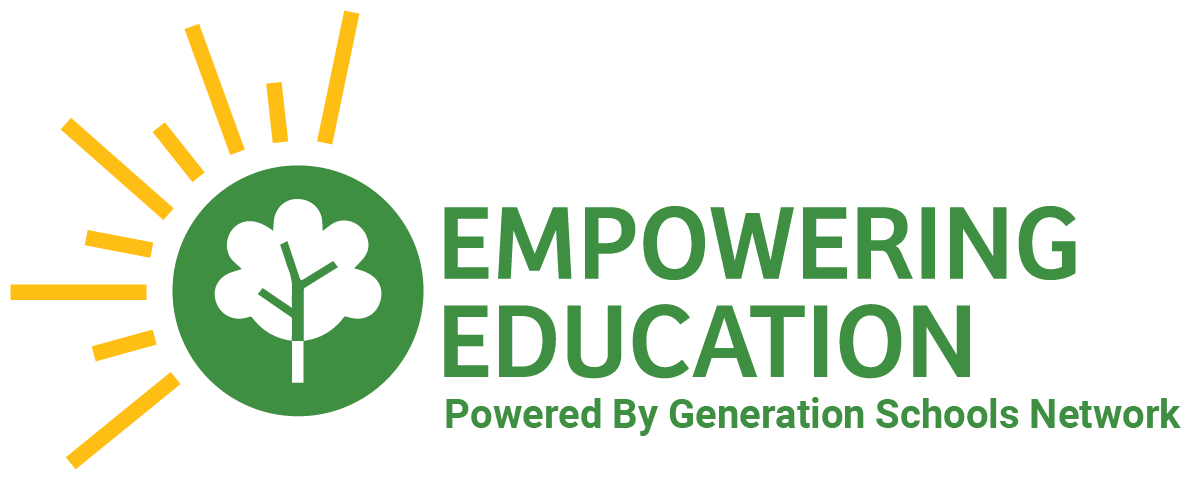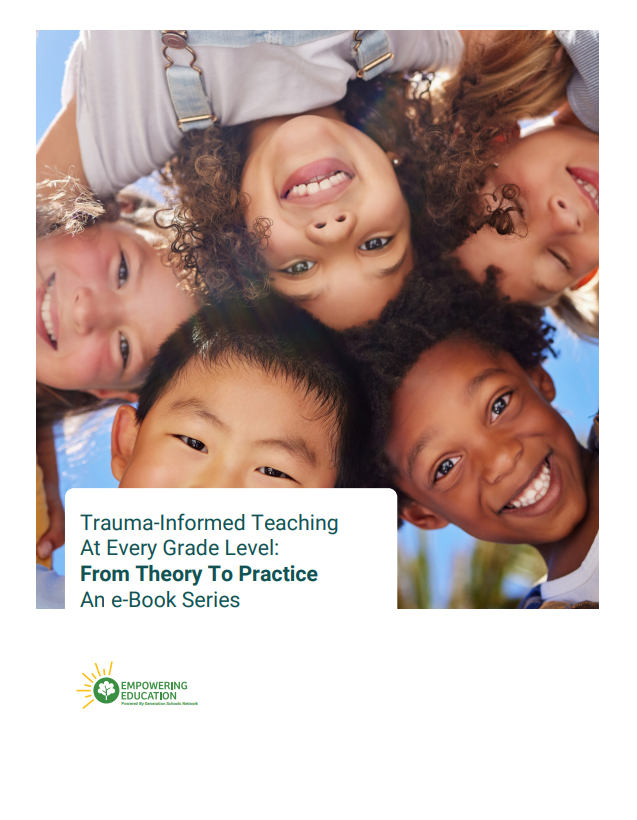How Does SEL Support Racial Equity?
SEL teaches children the lessons they need to understand and practice racial equity. Social emotional learning starts with bringing an end to racism and injustice. But how do we have these tough conversations with young people? We compiled a list of resources, books, and activities to help adults and kids talk about race.
Our mission at Empowering Education is to enable learning through social and emotional learning. That includes helping children wrestle with the racism and injustice of the world, learn to appreciate differences, and develop the skills to resolve conflicts. We need SEL more than ever so that our children grow up in a world where they feel valued, respected, and heard no matter their skin color.
Conversations about race are difficult to have with adults, let alone with children. We’ve found the following resources helpful for parents, educators, and children.

Listen to Experts on Injustice:
- Talking Race with Young Children (20:00 podcast)
- How to Talk to Your Kids About Race (2:56 video)
- “Something Happened in Our Town” (14:57 video)
Read About Racial Justice and Taking Action
For Young People:
- Munchy and Jumpy: The New Babysitter, by Noah Teitelbaum
- The Day You Begin, by Jacqueline Woodson
- Something Happened in Our Town, by Marianne Celano
- Let’s Talk about Race, by Julius Lester
- Seeds of Change: Planting a Path to Peace, by Jen Johnson
For Adults:
- Are Your Kids Too Young to Talk About Race
- Talking to Children After Racial Incidents
- Talking to Kids About Racial Violence
- 100 Race-Conscious Things You Can Say to Your Child To Advance Racial Justice
- How to Be an Antiracist, by Ibram X. Kendi
- So You Want to Talk about Race, by Ijeoma Oluo
- Between the World and Me, by Ta-Nehisi Coates’
Discuss Race:
- Talk with your child about people who have made a difference in the struggle for racial equality, such as Martin Luther King, Jr., Cesar Chavez, and Rosa Parks.
- Check out and discuss these youth activists with your child.
- Download this worksheet and complete it with your student.
Reflect Through Writing:
- K - 2nd: What makes you different from others? What makes you the same? Why is it important to appreciate these things? Include at least 2 reasons for your opinion. Use pictures and words to tell your opinion about why it is important to have diversity among our classmates. Include at least 2 reasons for your opinion using the words "and" or "because" to state your reasons.
- 3rd - 8th: Jennifer Finney Boylan said, “It is impossible to hate anyone whose story you know.” Do you agree or disagree with this statement? Why or why not?
- 3rd - 5th: Diversity is a concept that considers the many ways we are alike while respecting the ways we are different. When we value diversity, we do not try to make all of us the same instead we embrace the differences that make each of us unique. Do you think your school or community values diversity? Why or why not? How do you know? Write an argumentative essay, using logical reasoning and relevant evidence to support your claim.
- 6th - 8th: It’s important to see the other in stories that you read. Studies have shown that reading about the lives of others builds empathy (e.g., sensing and understanding other people’s emotions). Is that true or not true for you? Do you think you are better able to understand culturally diverse people by reading about their stories? Write an argumentative essay, using logical reasoning and relevant evidence to support your claim that reading about others increases empathy. If not, why not?


